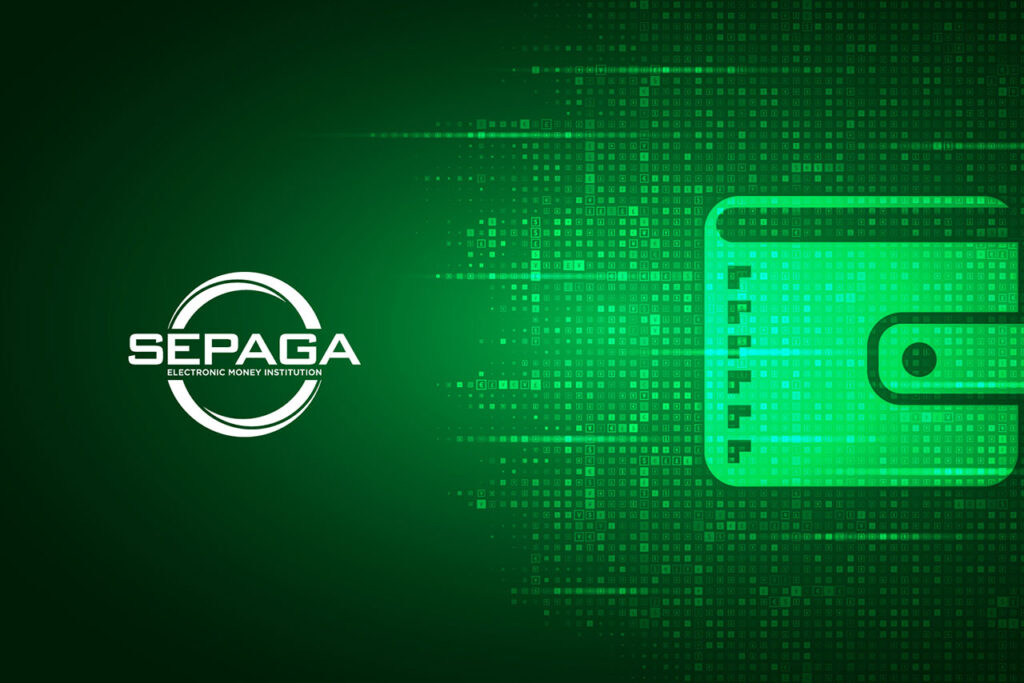Mind The Generation Gap
Electronic Money Institutions (better known as EMIs) are experiencing remarkable but steady growth over the past few years, challenging traditional/commercial banks to keep up as they offer advantages and benefits that appeal more to younger generations. EMIs are certainly built for the new digital era, which is why more and more start-ups, tech companies, and young entrepreneurs are choosing them when setting up their businesses.
Electronic Money Institutions Vs Traditional Banks
The rapid growth of digital technologies has triggered faster and more efficient processes across all industries and has brought significant changes in customer behaviour. Customer preferences and innovation in technology are pushing businesses to modernise their services and solutions and turn to entirely digital solutions, especially when it comes to online payments. Ten years ago, this scenario was impossible, but digitalisation has accelerated the way business finance works, moving towards more secure and automated digital payments and transactions.
It is known that traditional banking bureaucracy was (and still is in many cases) a barrier to many businesses, especially start-ups, and that is why many companies choose to simplify their procedures through EMIs that offer clear and agile payment solutions that are easier to handle and monitor online. In the case of EMIs, account onboarding involves less paperwork and, of course, the advantage of not having to visit a physical bank. Another advantage of EMIs is that clients can choose multiple currency payments in a flexible way with fair (and regulated) fees. However, this is not the case with traditional bank that typically handle payments via credit, debit cards, or wire transfers. As many businesses and organisations operate internationally, flexible currency payments are key to gaining more clients.
Also, EMIs offer legal entities the ability to issue their IBANs and wallet accounts no matter where they are and manage their accounts easily online, incorporating new payment options, such as e-wallets — something that traditional banks do not offer. Moreover, EMI clients can link their accounts with prepaid cards, like SVOOM, and access their funds through ATM and POS terminals for purchases. We can say that EMIs represent the new banking; meet the needs of the new generation by offering services that traditional banking does not, with agility and innovation being the greatest benefits. Subsequently, EMIs are more customer-centric than traditional banks as they meet individual needs allowing customers to handle their accounts easily, securely, and entirely online.
Cashless Society: The Future of Payments
Cashless payments are gradually challenging the existence of physical cash as the internet has simplified and evolved the way payments are made over the years. Younger generations, especially millennials and Gen Z, opt for cashless payments by simply using their smartphones, even across borders. In countries like Sweden, the percentage of Swedes using cash for their everyday transactions has dropped to 9% in 2020, according to Sweden’s Central Bank. This demonstrates that consumers are shifting to more efficient payment options and that the landscape has changed significantly after the appearance of cards and in-app payment solutions.
Furthermore, cashless payments are gaining ground among young adults as it is increasingly considered a more secure and convenient payment method, especially when travelling or doing business abroad. This trend towards a cash-free society is another example of the customer preferences that EMIs have cleverly detected. EMIs use cutting-edge banking software on their digital platforms to provide clients with tailored solutions and to assist them in the event of a problem. Evidently, consumers value the immediate response and support that the electronic institutions offer, as they make their lives a lot easier through faster and more transparent solutions. Additionally, cashless payments reduce expenses for businesses and save valuable time by not having to manually make transactions with suppliers and customers, while also keeping a credit history of all registered payments.
EMI: The New Banking
An EMI is more versatile than a traditional bank as it offers a diverse range of services to its customers as well as 24/7 access to accounts. EMI specialists and consultants examine thoroughly each case/application considering the business characteristics and operations to provide customised solutions and services that are driven by innovative financial technology. They stay on top of industry news and advancements in the digital world and learn how to adapt their services accordingly.
We cannot just turn a blind eye to the swirling changes that are happening in the banking industry as technology can help boost revenue for businesses, lower costs, and improve overall customer service and processes. EMIs have shaken things up in the banking industry with their flexible and sustainable model that does not require them to spend millions on branches, offices, and advertisements. Thanks to their convenient business model, multiple operations can be done through a single platform. Overall, clients have full control over their funds, allowing EMIs better customer behaviour analysis that leads to improved services and solutions.
Did you Know?
Electronic money institutions are widely accepted in the global markets and Cyprus has adjusted its legislation with the relevant EU policies. The Central Bank of Cyprus is the regulatory body for licensing and supervision of Electronic Money Institutions in Cyprus.



